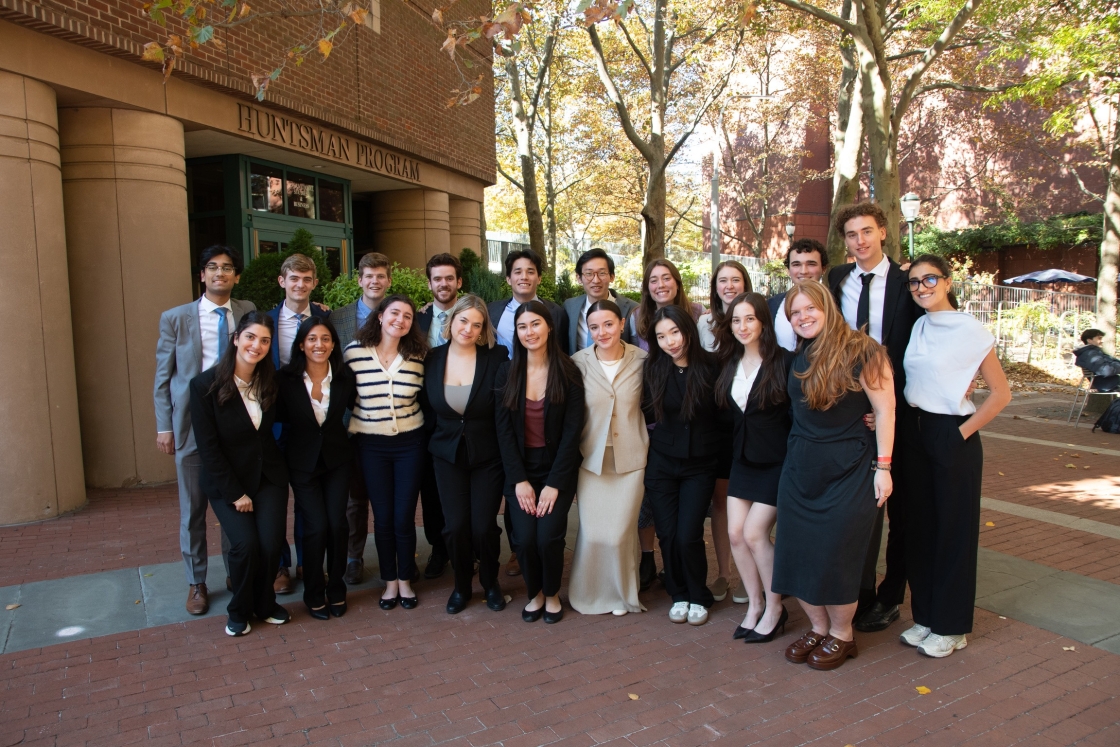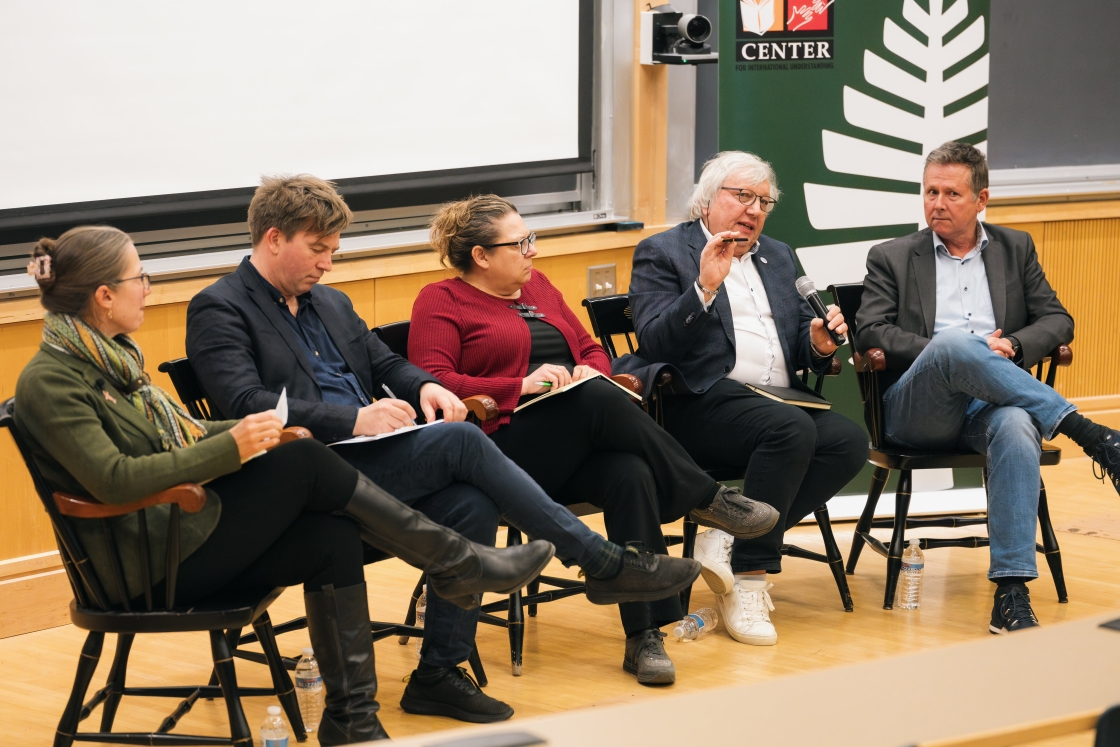Lecture is part of the 2010–11 Dartmouth Centers Forum, Speak Out | Listen Up!

As part of its 2010–2011 program Speak Out | Listen Up!, the Dartmouth Centers Forum (DCF), in collaboration with the Dickey Center for International Understanding, will host award-winning National Public Radio science reporter Richard Harris on Monday, October 18, at 4:30 p.m. in Moore Hall, Filene Auditorium. Harris’s lecture will address “Covering Climate Change in a Changing Media Climate.”
Throughout his 24 years at NPR, Harris has reported on a wide variety of subjects and traveled to remote corners of the globe, including Timbuktu and Mt. Kilimanjaro. In 1999, the Council of Scientific Society Presidents honored him with the Sagan Award for his dedication to advancing public scientific knowledge.
The DCF is a collaborative alliance of campus organizations that together seek to promote an open dialogue on complex issues. Featuring six lecturers, this fall’s programming is intended to provoke self-reflection among Dartmouth students on the ways in which they use communicative acts both within and beyond the classroom to shape community. The programs include an interactive workshop run by Dartmouth professor Josh Compton (Institute for Writing and Rhetoric), a visit by Karl Marlantes, author of Matterhorn (Leslie Center), and a lecture by Sydney J. Freedberg Jr. about Iraq and Afghanistan (Rockefeller Center). Visit the Dartmouth Centers Forum website for the current schedule of events.
“The DCF theme addresses both the challenges of speaking out and of being heard,” says Christianne Hardy Wohlforth, associate director of the Dickey Center for International Understanding. “In science, this challenge is complicated by the fact that the concepts scientists deal with aren’t always easily understood, and are often further obscured by technical jargon. But is it also complicated by the fact that scientific discoveries and lines of inquiry often raise uncomfortable questions about what we know—or believe—to be true. By illuminating these challenges, Richard Harris’s talk helps to further the campus discussion about how to effectively communicate in an age where real communication seems increasingly intractable.”


